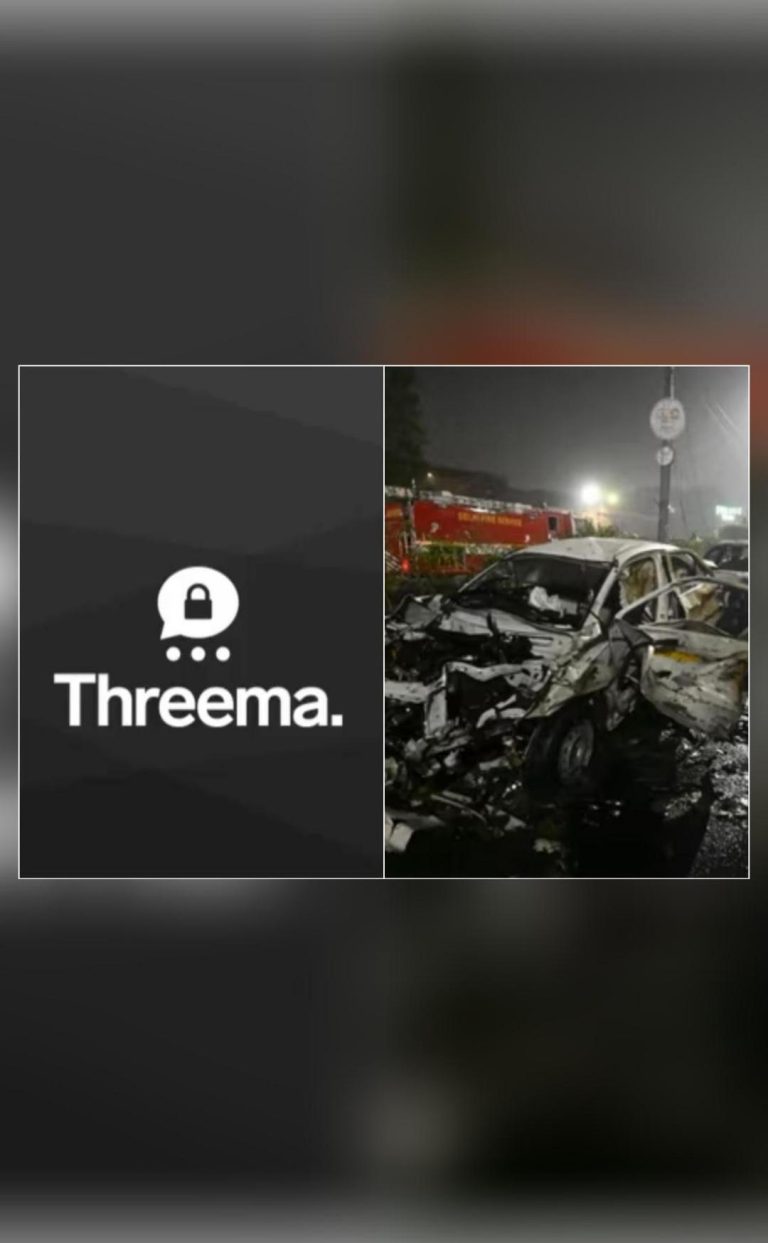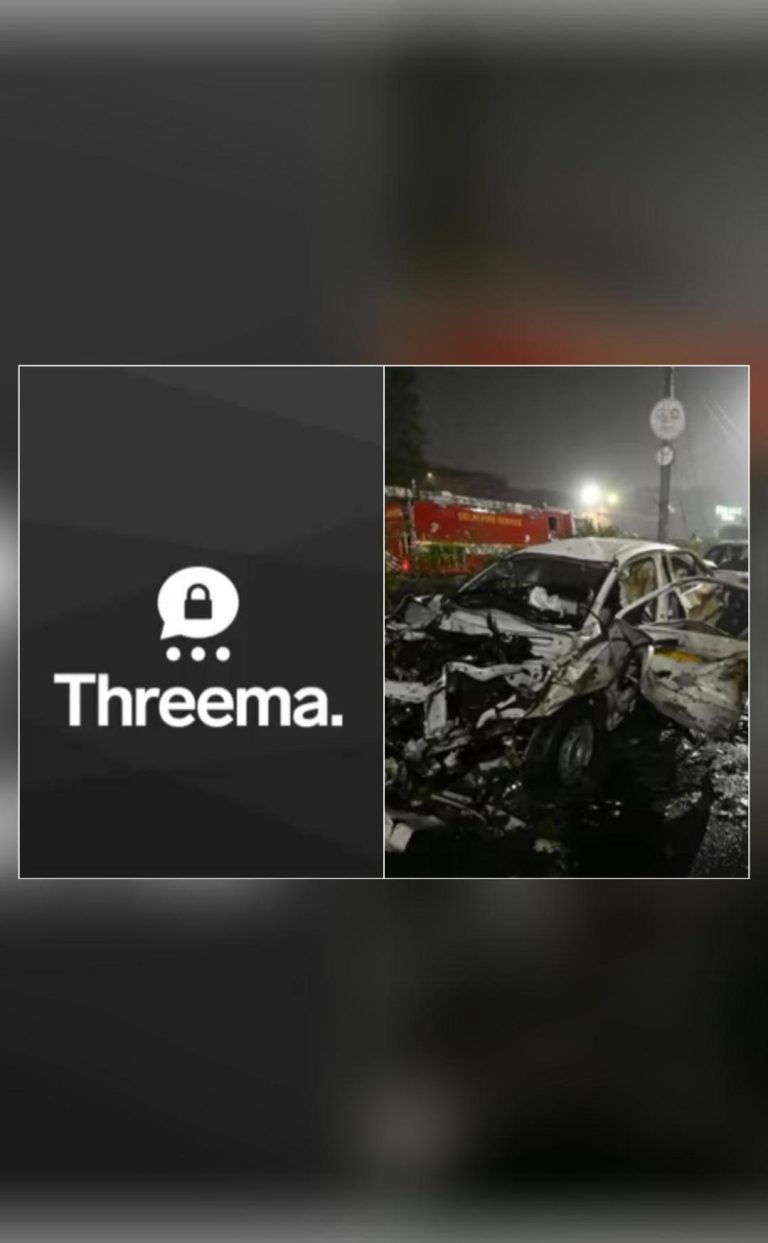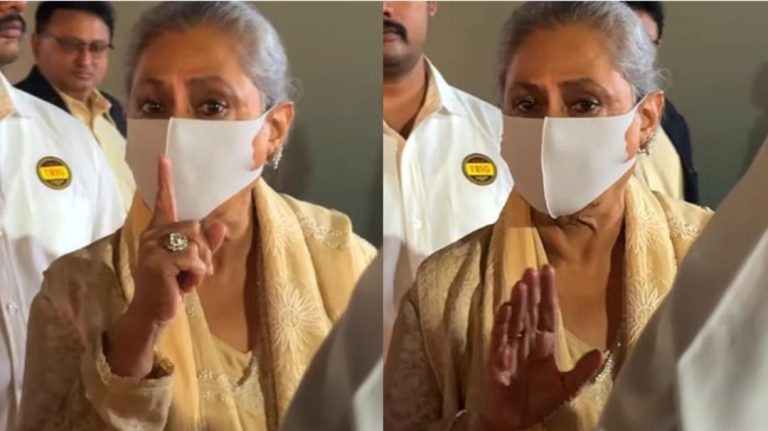
We Stopped a Nuclear Conflict: US President Trump
In a recent statement, US President Donald Trump revealed that the United States played a crucial role in preventing a potential nuclear conflict between India and Pakistan. Speaking about the tensions between the two nations, Trump stated, “We stopped a nuclear conflict. I think it could have been a bad nuclear war.” He added, “Millions of people could have been killed.”
The statement comes as a significant development in the ongoing standoff between India and Pakistan, which has been marred by heightened tensions and a series of military skirmishes along the Line of Control (LoC). The situation has been volatile, with both sides trading heavy fire and accusing each other of aggressive behavior.
The US President’s statement has been met with a mix of reactions from both India and Pakistan. While India has welcomed the US intervention, Pakistan has maintained that the understanding of ceasefire was reached through diplomatic channels and not due to any external pressure.
The latest escalation began on February 26, when India launched a pre-dawn airstrike against what it claimed were terrorist training camps in Pakistan’s Balakot region. The strike was in response to a suicide bombing in Pulwama, Jammu and Kashmir, that killed over 40 Indian security personnel. Pakistan, in turn, responded with airstrikes of its own, targeting military installations in Indian-administered Kashmir.
The situation rapidly escalated, with both sides exchanging heavy fire along the LoC. The Indian Air Force (IAF) carried out several sorties, while the Pakistan Air Force (PAF) responded with its own sorties. The Indian Army also mobilized its troops, with reports of artillery exchanges and small arms fire along the LoC.
As the situation continued to deteriorate, global leaders began to intervene, urging restraint and calling for a peaceful resolution to the conflict. The United States, in particular, played a key role in mediating the crisis, with President Trump speaking to both Indian Prime Minister Narendra Modi and Pakistani Prime Minister Imran Khan.
According to sources, Trump’s intervention was instrumental in reaching an understanding between the two nations. Pakistan’s Director General of Military Operations (DGMO) is said to have approached his Indian counterpart on Saturday, following which an agreement was reached to cease hostilities.
The Indian government has confirmed that the understanding was reached through diplomatic channels, with a statement from the Ministry of External Affairs saying, “The DGMOs of India and Pakistan held a hotline conversation on Saturday and agreed to maintain ceasefire along the LoC and the International Border.”
The US President’s statement has been met with widespread attention and debate. While some have praised his intervention, others have questioned the efficacy of his remarks. The situation remains tense, with both sides still engaged in a war of words and military posturing.
In a statement, the White House Press Secretary said, “The President has been in close touch with both Prime Minister Modi and Prime Minister Khan, and we are pleased that the two nations have agreed to maintain ceasefire along the LoC and the International Border.”
The US has long been a key player in the region, with significant economic and strategic interests in both India and Pakistan. The country has historically maintained good relations with both nations, and has played a key role in mediating conflicts in the region.
The recent crisis has highlighted the delicate balance of power in the region, with both India and Pakistan possessing significant military capabilities and nuclear arsenals. The situation has also underscored the importance of diplomacy and dialogue in preventing conflicts, particularly in a region where tensions are often high and relations are often strained.
As the situation continues to unfold, one thing is clear: the world was on the brink of a potential nuclear conflict, and it was the intervention of the United States that helped to prevent it. While the situation remains tense, the US President’s statement serves as a reminder of the significant role that global leaders can play in preventing conflicts and promoting peace.






